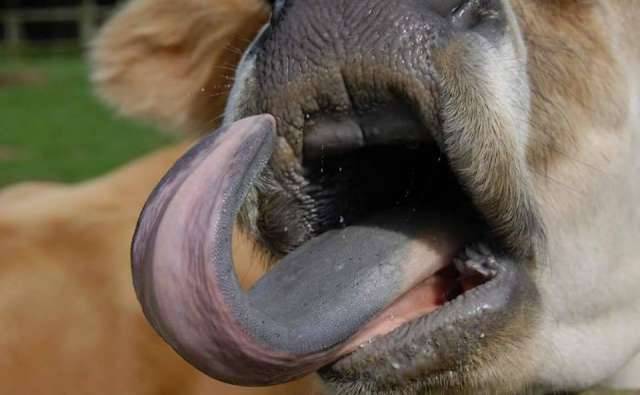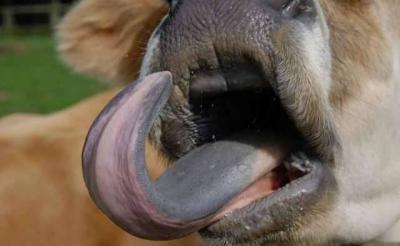The announcement by China banning direct and indirect imports of ruminants and their products from Iraq due to the outbreak of "Blue Tongue" disease has raised concerns among citizens about this illness. Iraqi government authorities confirm that the recorded cases of the disease are limited and confined to areas in three provinces.
Blue Tongue is an epidemic disease affecting ruminants, especially sheep, with a severe impact on cattle and other types of ruminants, according to the director of the veterinary hospital in Babil Governorate, Ahmad Farhoud. In an interview with Shafaq News agency, Farhoud stated, "The disease is transmitted from an infected animal to another through blood-sucking insects, especially mosquitoes, and does not spread through direct contact."
The disease was first recorded in Iraq at the end of last year in Kirkuk Governorate, according to Farhoud, affirming that "precautionary measures were taken at that time in terms of increasing surveillance, investigation, and daily monitoring of animals through the staff at veterinary clinics spread across districts and sub-districts."
He clarified that "the disease causes a rise in body temperature in infected animals, along with lethargy and loss of appetite, an increase in oral and nasal secretions which may become bloody, inflammation of the mucous membrane of the mouth, gums, and tongue, and the formation of bleeding spots that turn blue, giving the tongue its characteristic blue appearance."
He added: "In acute cases, the animal may suffer from abortion, bloody diarrhea, and inflammation of the lungs and eyes," indicating that "the mortality rate ranges from 2 to 30 percent, and there is currently no treatment for the disease. Additionally, it does not transmit to humans in any way." The director of the veterinary hospital in Babil concluded by saying that "Babil Governorate has not recorded any cases of the disease so far."
### Three Iraqi Outbreaks
For his part, the spokesman for the Ministry of Agriculture, Muhammad Al-Khazai, confirmed that "Blue Tongue disease exists in limited cases concentrated in areas of Nineveh, Kirkuk, and Diyala provinces, and these have been contained, but there is no statistic for the number of cases."
Al-Khazai added that "the veterinary departments in the Ministry of Agriculture in the provinces have taken measures, including containing these disease outbreaks, and restricting movement from and to these areas for 14 days, as well as combating the disease-carrying vector, which resembles a mosquito." He indicated that "the situation is under control," assuring that "the disease is less severe than hemorrhagic fever since it does not transmit to humans but only affects animals and sheep."
Regarding China's decision to ban meat imports from Iraq, Al-Khazai denied the existence of exports of red meat to China, either live or any animal products, explaining that "Iraq does not export meat; rather, the doors of import are wide open because local animal products do not suffice to meet domestic needs, so imports are necessary. Licenses for imports have even been suspended to facilitate the process of bringing various meats for slaughter or animal meat products into Iraq to create price stability."
### Import Ban
China announced that it had banned direct and indirect imports of ruminants and their products from Iraq due to the outbreak of Blue Tongue disease. This came in an announcement from the General Administration of Customs of China dated January 26, following a report from Iraq to the World Organization for Animal Health after the disease was discovered in sheep, as reported by Reuters on Wednesday.
China had also banned such imports from Belgium and the Netherlands following an outbreak of the virus that causes fever and oral lesions, which in some cases turns the animal's tongue blue. The disease can be very dangerous for sheep and cattle.




